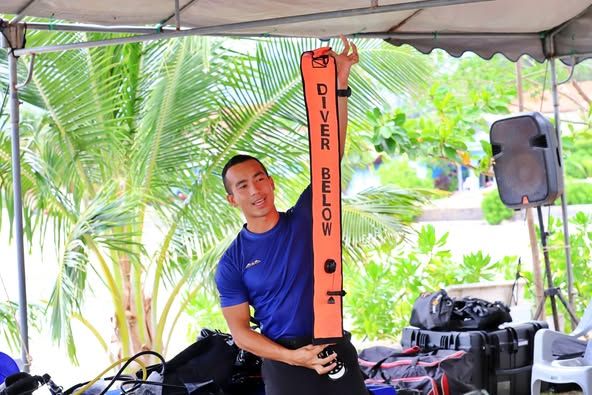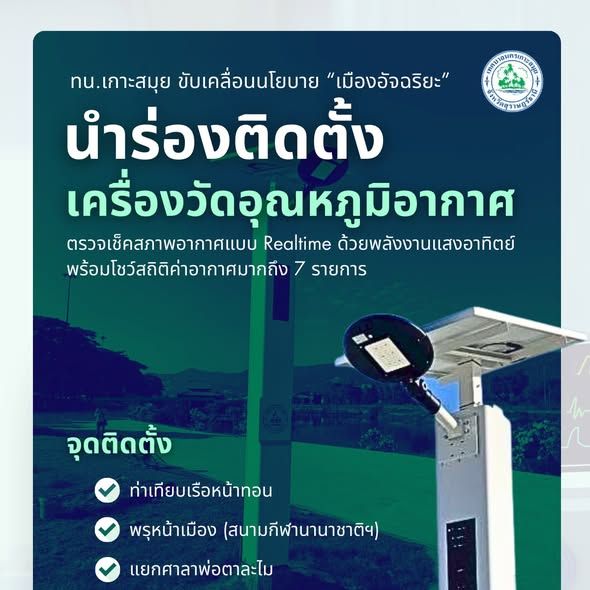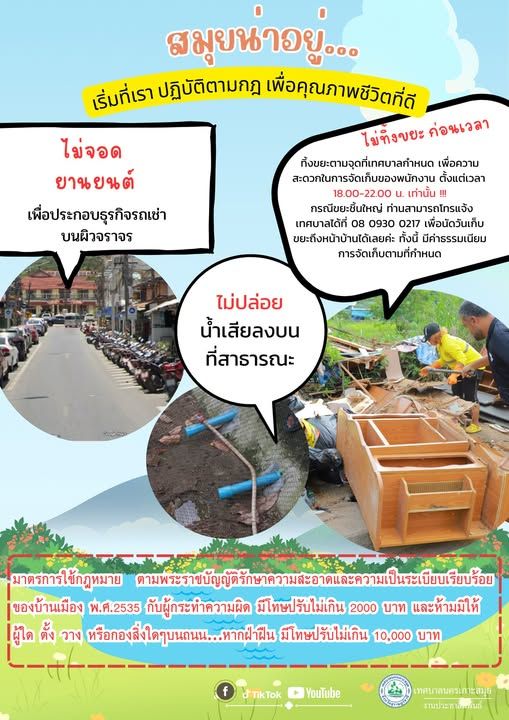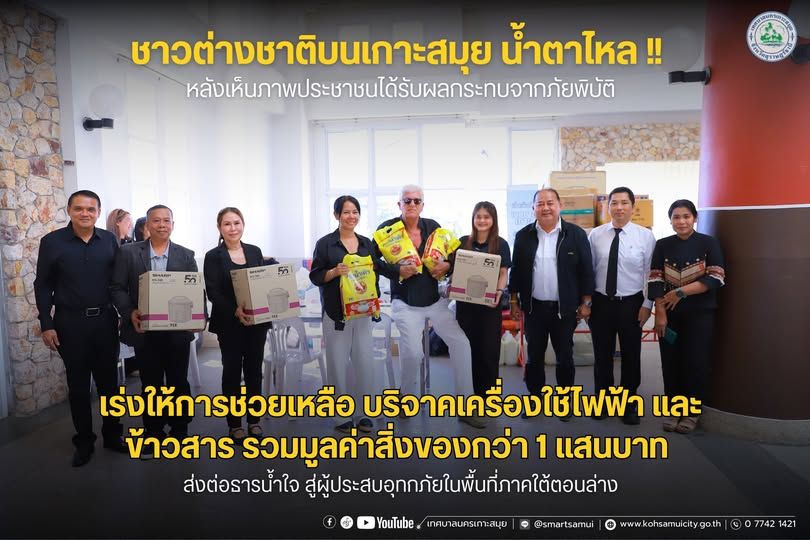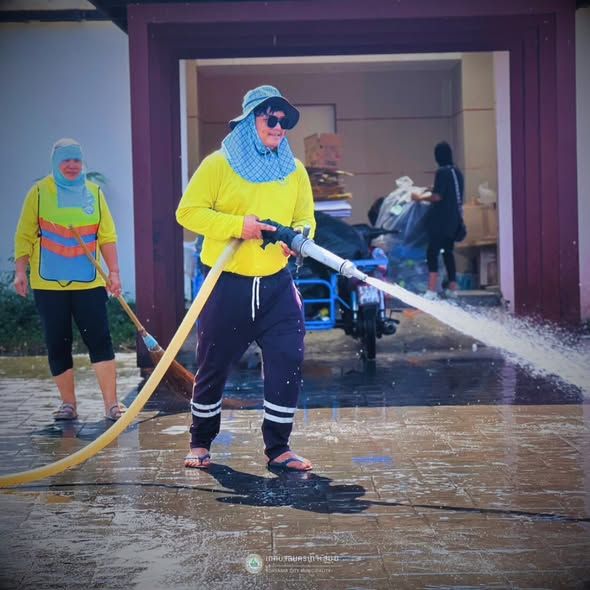Koh Samui spearheaded an incredible workshop teaching local fisheries how to build artificial reefs and master scuba diving, empowering them to protect marine resources.
KohSamui #OceanConservation #ArtificialReefs #ScubaDiving #MarineLife #SustainableTourism #ThailandTravel #EcoTourism
Event Overview
On August 14, 2025, a specialized workshop focusing on the creation of marine animal habitats through artificial reefs and the fundamentals of scuba diving was held at Koh Tiam, Maret Subdistrict, Koh Samui District, Surat Thani Province. The event was inaugurated by the Deputy Mayor of Koh Samui Municipality, Natthaphon Rattanarak, as part of an ongoing project aimed at enhancing the capabilities and livelihoods of local fisheries groups.
Organizers and Participants
The workshop was organized by the Social Welfare Division of Koh Samui Municipality. A diverse group of attendees participated, including department heads, municipal council members, relevant officials, representatives from local fisheries groups, and interested community members. The collaborative environment fostered the exchange of knowledge and practical skills vital for the development of local fisheries.
Workshop Activities and Training Content
Lectures on Artificial Reefs
Expert speakers from the Chumphon Marine Fisheries Research and Development Center delivered lectures covering the theory and practical aspects of creating artificial reefs. These artificial habitats are critical for the restoration and enhancement of marine biodiversity, providing shelter and breeding grounds for various marine species. Participants learned about the selection of suitable materials, reef deployment methods, and the ecological benefits of artificial reefs in supporting sustainable fisheries.
Practical Scuba Diving Training
Instructors from the Marine Police Division led hands-on sessions on the basic use of scuba diving equipment. The training included essential safety protocols, equipment handling, underwater communication, and navigational skills. Scuba proficiency enables fisheries professionals to efficiently monitor and maintain artificial reefs, conduct resource assessments, and engage in underwater conservation activities.
Importance of the Initiative
The primary goal of the workshop was to impart new knowledge and technical skills to coastal fishery professionals, equipping them to sustain their livelihoods while contributing to the preservation of marine and coastal resources. Providing training in artificial reef creation and scuba diving supports the development of eco-friendly fishing practices and the long-term sustainability of local fisheries.
Broader Impact
Such initiatives help foster collaboration between governmental agencies, research centers, and local communities. By integrating scientific advancements and practical skills into daily operations, fisheries groups can enhance their resource management capabilities, adapt to environmental changes, and explore new income opportunities linked to marine conservation and responsible tourism.
Frequently Asked Questions
Frequently Asked Questions (FAQ)
What was the main purpose of the Koh Samui workshop on artificial reefs and scuba diving?
The primary goal of the workshop was to equip local fisheries professionals with the knowledge and skills to build artificial reefs and master scuba diving, empowering them to protect and sustain marine resources while improving their livelihoods.
Who organized the event and who participated in the workshop?
The Social Welfare Division of Koh Samui Municipality organized the workshop. Participants included department heads, municipal council members, relevant officials, representatives from local fisheries groups, and interested community members, all collaborating to foster sustainable fisheries and marine conservation.
How do artificial reefs and scuba diving training benefit local fisheries and marine conservation?
Artificial reefs help restore and enhance marine biodiversity by providing habitats for marine species, while scuba diving skills enable fisheries professionals to monitor and maintain these habitats, conduct resource assessments, and actively participate in underwater conservation, supporting sustainable fishing practices and eco-friendly tourism.
